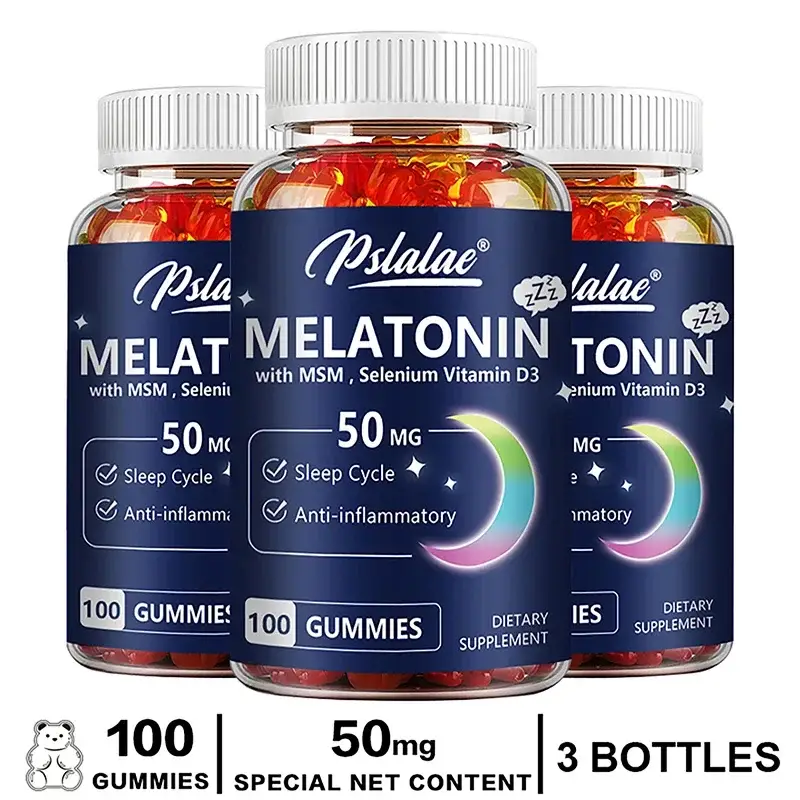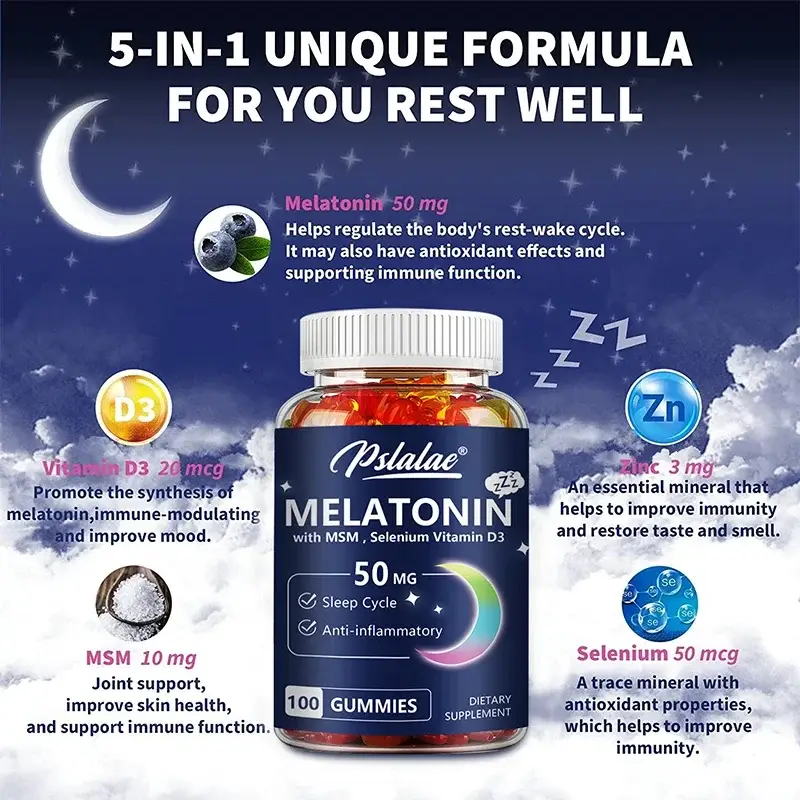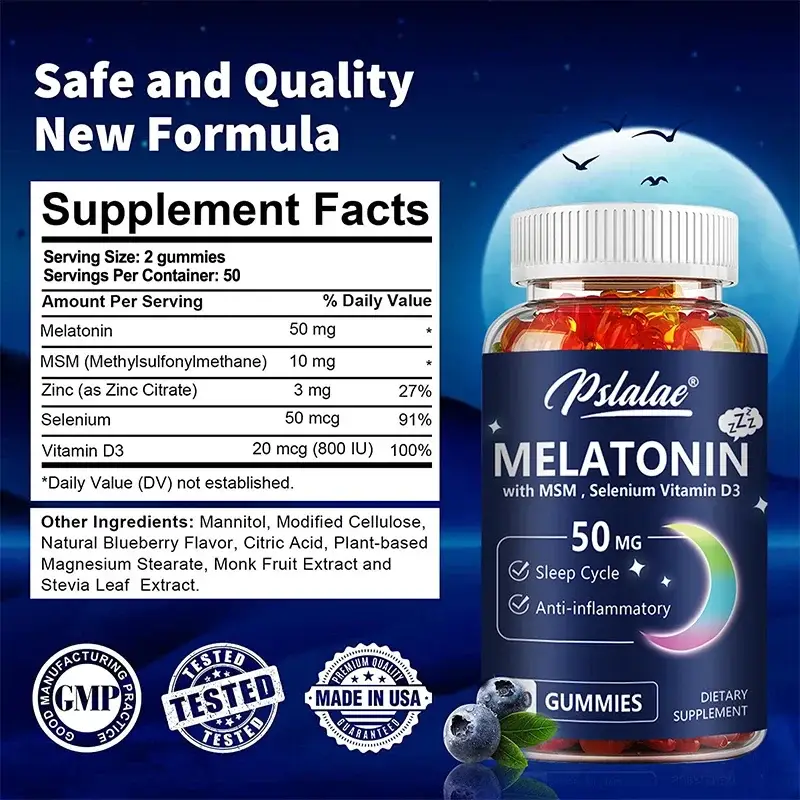
The Hidden Costs of Sleep Deprivation
Sleep is not merely a period of rest but a vital physiological process that rejuvenates our body and mind. Yet, in our fast-paced world, many individuals find themselves caught in a cycle of insufficient sleep, often dismissing their fatigue as an inevitable consequence of modern living. This perspective, however, overlooks the profound implications sleep deprivation has on our overall health and well-being.
When you consistently shortchange your sleep, you're not just feeling tired—you're potentially setting yourself up for a cascade of health issues that extend far beyond momentary drowsiness. The repercussions of inadequate sleep infiltrate nearly every bodily system, from cognitive function to immune response, making quality rest not a luxury but a necessity.
The Science Behind Sleep Necessity
Our bodies operate on a complex internal clock known as the circadian rhythm, which regulates sleep-wake cycles over approximately 24 hours. This biological timekeeper influences hormone release, eating habits, digestion, body temperature, and other vital bodily functions. When we disrupt this rhythm through insufficient sleep, we essentially throw our entire physiological system into disarray.
Research has consistently demonstrated that adults require 7-9 hours of quality sleep nightly for optimal functioning. Yet nearly one-third of Americans report getting less than the recommended amount, creating what sleep scientists refer to as a "sleep debt"—an accumulation of sleep deprivation that cannot simply be "repaid" with one good night's rest.
Immediate Effects of Sleep Deprivation
The consequences of insufficient sleep manifest almost immediately, affecting both your physical capabilities and mental acuity in tangible ways.
Cognitive Impairment and Mood Disturbances
When sleep eludes you, your brain's ability to process information, solve problems, and retain memories becomes significantly compromised. A single night of poor sleep can reduce your attention span, slow your reaction time, and impair your decision-making abilities to levels comparable to legal intoxication. This cognitive fog doesn't merely impact productivity—it creates genuine safety hazards, particularly for those operating vehicles or heavy machinery.
Furthermore, inadequate sleep profoundly affects your emotional regulation. You might notice increased irritability, mood swings, or disproportionate emotional responses to minor stressors. These mood perturbations stem from sleep deprivation's impact on the amygdala—your brain's emotional processing center—which becomes hyperactive without sufficient rest, while connections to rational brain regions simultaneously weaken.
Natural Solutions for Better Sleep
Before reaching for pharmaceutical interventions, many sleep specialists recommend exploring natural remedies that work in harmony with your body's systems to promote restful sleep.
Melatonin: Your Body's Sleep Signal
Melatonin, often called the "sleep hormone," plays a crucial role in regulating your sleep-wake cycle. Produced naturally by your pineal gland in response to darkness, this hormone signals to your body that it's time to prepare for sleep. However, factors like artificial lighting, screen exposure, and aging can disrupt natural melatonin production, making supplementation beneficial for many individuals struggling with sleep difficulties.
Azure's premium Melatonin Gummies offer a convenient, pleasant-tasting way to support your natural sleep cycle. These specially formulated gummies help regulate your sleep patterns without causing the morning grogginess often associated with traditional sleep medications.
Each gummy delivers a precise dose of melatonin to help reduce the time it takes to fall asleep, improve sleep quality, and increase total sleep duration. For those experiencing occasional sleeplessness or disrupted sleep patterns due to shift work or jet lag, these gummies can be particularly beneficial in resetting your circadian rhythm and establishing healthier sleep patterns.




Add comment
Comments